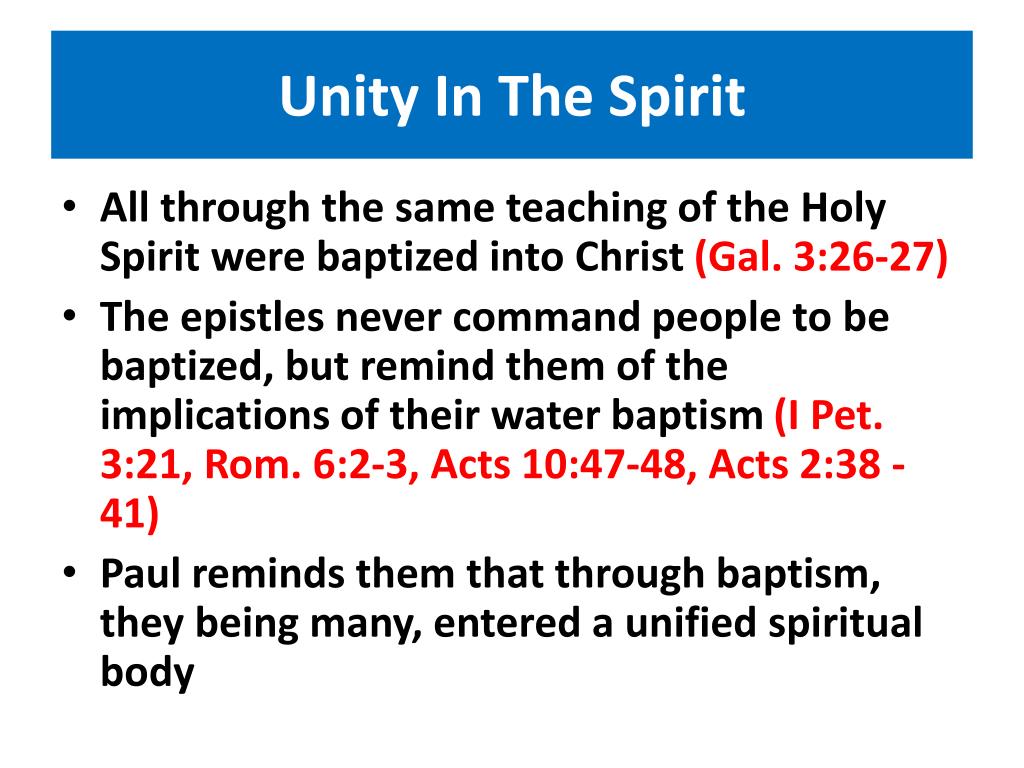

Much can be dissected from his point here, but this is in reference to Israel crossing the Red Sea. Baptism into Moses in the cloud and in the sea. And all were baptized into Moses in the cloud and in the sea. 1 Corinthians 10:1-2: our fathers were all under the cloud, and all passed through the sea. Note how Paul uses typological baptism to express a similar point. In this case, we see both the good and bad being spoken of in the context of baptism. The good was preserved through the water while the evil was washed away. In this case, the earth itself was baptized by water. 1 Peter 3:20-21: at one time having disobeyed, when the longsuffering of God was waiting in the days of Noah, of the ark being prepared, in which a few-that is, eight souls-were saved through water, which also prefigures the baptism now saving you, not a putting away of the filth of flesh, but the demand of a good conscience toward God, through the resurrection of Jesus Christ. We will see how.īaptism is spoken of in the Bible in several places, but we will note how Peter uses it typologically. However, a good and extensive knowledge of the scriptures, and these topics, make it obvious that yes, John was in fact saying that we as believers are baptized in both Spirit and fire. The main reason for this is because it is too difficult to understand why believers would be baptized with fire and what this means. What do you think? The harsh reality is that many commentators will incorrectly ascribe this passage to believers and nonbelievers.

So in some sense, this must be about believers being baptized in fire.

"You he will baptize with Spirit, they will be baptized with fire." A final point of comparison is the parallel account in Mark 1:8, which simply reads: "I baptize you with water, but he will baptize you with the Holy Spirit.” In Mark's parallel, he does not mention the baptism of fire at all, or the fate of the wicked. Further, when he says, "he will baptize you with Holy Spirit and with fire," we do not find that he's distinguished between two separate crowds. John answered all saying, “I indeed baptize you with water, but the One mightier than I comes, of whom I am not worthy to untie the strap of His sandals He will baptize you with the Holy Spirit and with fire." The ones asking if John was the Christ were those whom John "answered." The context does not seem to imply that John is speaking to non-believers. Also, in Luke 3:15-16: And the people are expecting and all wondering in their hearts concerning John, whether he might be the Christ. Further, Luke 3:10: And the crowds were asking him, saying, “What then shall we do?” The audience is asking what they shall do to keep producing fruits worthy of repentance. "Unquenchable fire." It seems rather obvious to them that the verse must be speaking of a fire baptism of the wicked in their punishment after judgement day.įor those who say that this passage speaks of one party, the righteous only, they point to Luke 3:7: "So he was saying to the crowds coming out to be baptized by him." He was speaking to those being baptized by him, those trying to be good and righteous. When he returns, he will take away the wheat, and the chaff will be burnt in the fire of hell. But He will burn up the chaff with unquenchable fire.” The picture they see painted here is of the end times, generally the second coming of Jesus. Looking at Luke 3:16-17, we read: John answered all saying, “I indeed baptize you with water, but the One mightier than I comes, of whom I am not worthy to untie the strap of His sandals He will baptize you with the Holy Spirit and with fire, of whom the winnowing fork is in His hand to clear His threshing floor, and to gather the wheat into His barn. First, Luke 3:9 says: "And already also the ax is laid at the root of the trees therefore every tree not producing good fruit is cut down and is thrown into the fire." The conversation is prefaced by an equating of fire with wickedness, or not producing fruitage. Is John saying that the righteous are baptized with water, while the wicked are baptized with fire? Or is he saying that the righteous are baptized with both water and fire?įor those who say this passage is about two groups, the righteous are baptized in water while the wicked in fire, they make a few observations in the context to make this conclusion. The second question is, respectively, what it means. The first question is whether "water and fire" apply to one group, or two. There's a tremendous amount of debate on this verse by Bible scholars. He will baptize you with the Holy Spirit and fire. But one who is more powerful than I will come, the straps of whose sandals I am not worthy to untie. John answered them all, “I baptize you with water.


 0 kommentar(er)
0 kommentar(er)
